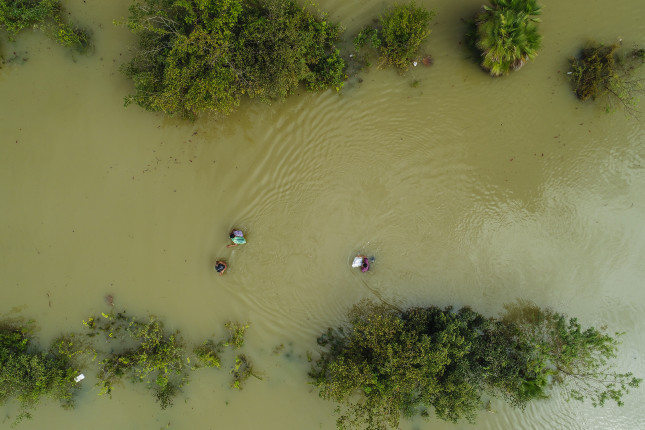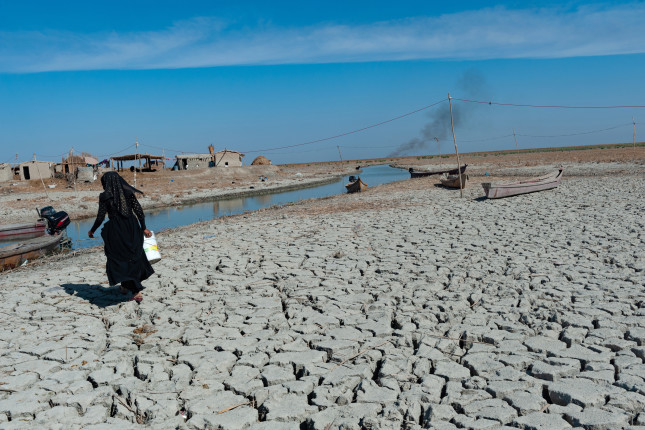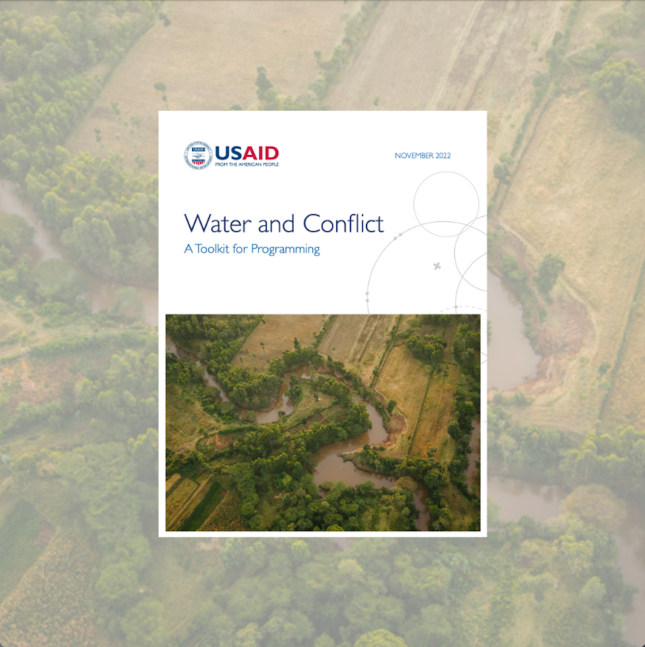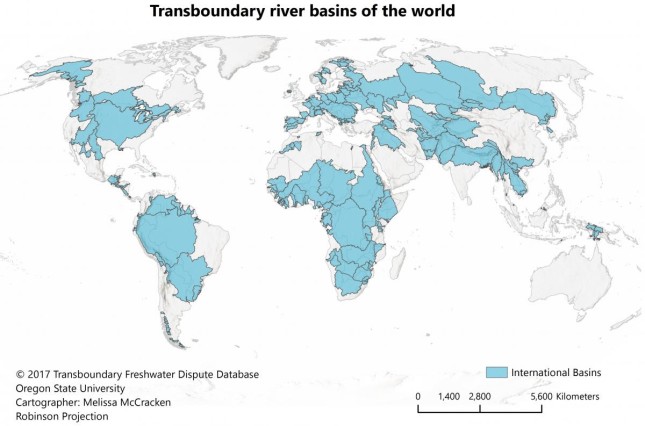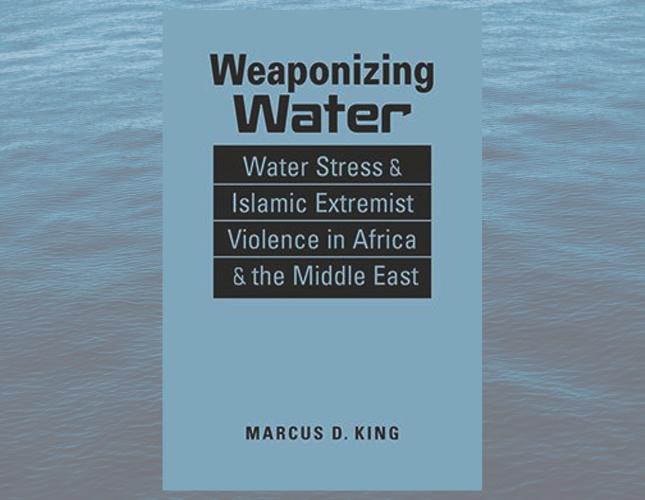-
China’s Climate Security Vulnerabilities
›
Climate change’s ripples reach every corner of the globe, but nowhere is their geopolitical impact more pronounced than in China’s relations with the United States. This is especially the case as the undisputed security risks posed to both nations by climate change become intertwined with broader arcs of political, economic, and military competition on both sides.
-
Addressing Climate Security Risks in Central America (Report Launch)
›
Northern Central America is experiencing a confluence of insecurity and migration challenges that are increasingly intertwined with climate change. What are the contours of this emergent convergence—and how can responses be developed and implemented more effectively?
-
How is Climate Change Affecting MENA? Local Experts Weigh In
›From the Wilson Center // April 21, 2023 // By Khalil Abu Allan, Eslam A. Hassanein, Gokce Sencan & Neeshad ShafiFor Earth Day 2023, members of the Agents of Change Youth Fellowship answered this question: What is the biggest environmental or climate change related challenge facing your community today? Their responses reveal a pattern of vulnerability facing the MENA region.
-
Intersecting Challenges Require Multisectoral Solutions: A Conversation with Charles Kabiswa
›
The impacts of a changing climate touch every region of the globe, but they are acutely felt by people in Uganda, where floods, droughts, and shifting rainfall patterns disrupt agricultural productivity, livelihoods, and the health and well-being of millions of people. According to the ND-GAIN index, Uganda is the 13th most vulnerable nation in the world, and action there is urgently needed to better prepare for and adapt to climate change’s impacts.
-
USAID’s Revised Water and Conflict Toolkit
›
Links between water and conflict seem to crop up everywhere one looks these days. The Horn of Africa will soon face a sixth consecutive failed rainy season in 2023—its worst drought on record. Not only is this drought a consequence of global climate change, but it has also led to widespread food shortages and local civil conflicts. And over the past year in Ukraine, Russian troops have directly damaged that nation’s already vulnerable water systems, including pipelines, pumping stations, and treatment facilities. These repeated attacks on water infrastructure have not only undermined local livelihoods in Ukraine, but they have also polluted surface waters and threatened biodiversity.
-
The UN Water Conference and Latin American Transboundary Waters: A Case for Better Governance
›
In recent decades, the international system has undergone profound changes—especially in terms of the types of threats that destabilize international peace and security. As new threats emerge, a focus on new dimensions of the concept of security is now reaching the top of the international agenda. In this context, the global freshwater crisis is beginning to be perceived as an existential threat to states requiring extraordinary measures to alleviate or solve the problem.
-
Tracking Conflict and Cooperation Over the World’s International Freshwater Resources
›Guest Contributor // March 20, 2023 // By Alexandra Caplan, Melissa McCracken, Susanne Schmeier, Zoe Rosenblum & Aaron Wolf
Waters that cross international political borders can drive the countries that share them to conflict—or encourage cooperation between them. Indeed, since the 1940s, overall trends point to a tendency for countries to cooperate over shared water resources, which stands in stark contrast to media portrayals of “water wars.”
Yet instances of conflict over water have increased slightly since 2000. Why? Most of them are fueled by water quantity disputes or the unilateral development of dams or other infrastructure. Institutions often play a key role in facilitating cooperation (and reducing conflict) over shared waters, but their growth and adoption have slowed over the last two to three decades.
-
Book Preview: “Weaponizing Water” by Marcus D. King
›By 2050, two-thirds of the population will face some form of water stress. As a fundamental part of life, water—or a lack of it—influences other parts of life, including conflict. In fact, as author Marcus King notes in his new book, Weaponizing Water: Water Stress and Islamic Extremist Violence in Africa and the Middle East, there is a “correlation between the spheres of influence of violent extremist organizations (VEOs) and the driest lands or areas of sparse vegetation in some of the most arid regions on earth.”
Showing posts from category environmental security.


